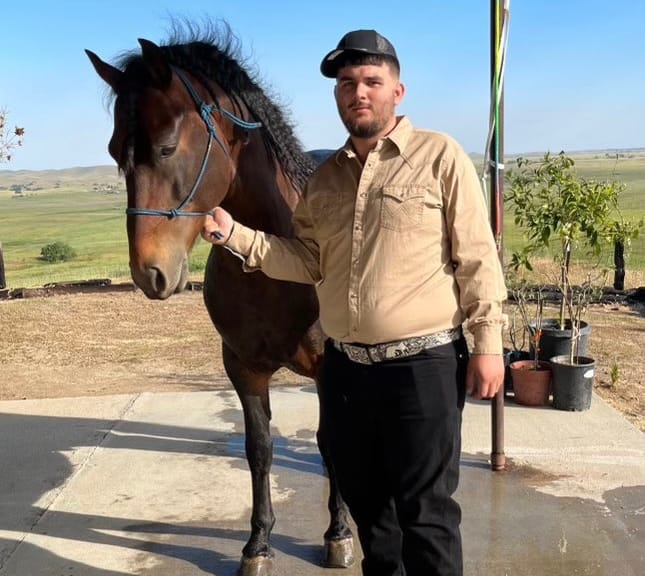Livestream Ends in Tragedy, “If I Die Make Me a Memecoin”

In a heartbreaking incident, 23-year-old Arnold Robert Haro took his own life during a livestream on X after losing his last $500 in a Solana memecoin investment. The event has ignited urgent conversations about the volatile nature of memecoins, the psychological toll of financial loss, and the need for better mental health support.
Haro was apparently grappling with mental health challenges, a recent breakup, and the devastating loss of his savings to memecoin gambling. In the livestream he was doing on X, he made a final, tragic request to his viewers:
“If I die, make me a memecoin.”
Video clip showing the livestream tragedy
Sadly, Haro ended his life during the livestream. Minutes after his death, opportunistic individuals launched memecoins bearing his name, exploiting his tragedy. This disturbing aftermath underscores the dark side of the memecoin craze, where speculation and greed can overshadow human suffering.
Haro’s family have set up a GoFundMe to help support his family during this time. They wrote:
It is with deep sadness and heavy hearts that we share the passing of Arnold Robert Haro, a beloved father, son, brother, and dear friend to so many. On February 21, 2025, at just 23 years old, Arnold lost his battle with depression. He leaves behind his 1 year old daughter, his mother and father, and his three sisters, who will forever cherish his memory.
Arnold was a bright, kind, and hilarious soul who brought light to those around him. He had a gift for making people laugh, spreading joy, and offering unwavering support, even when he was struggling himself. Though he carried burdens unseen, he always put others before himself, touching countless lives with his generosity and warmth.
This heartbreaking story serves as a stark reminder of the real-world consequences of financial scams and the fragility of mental health.

